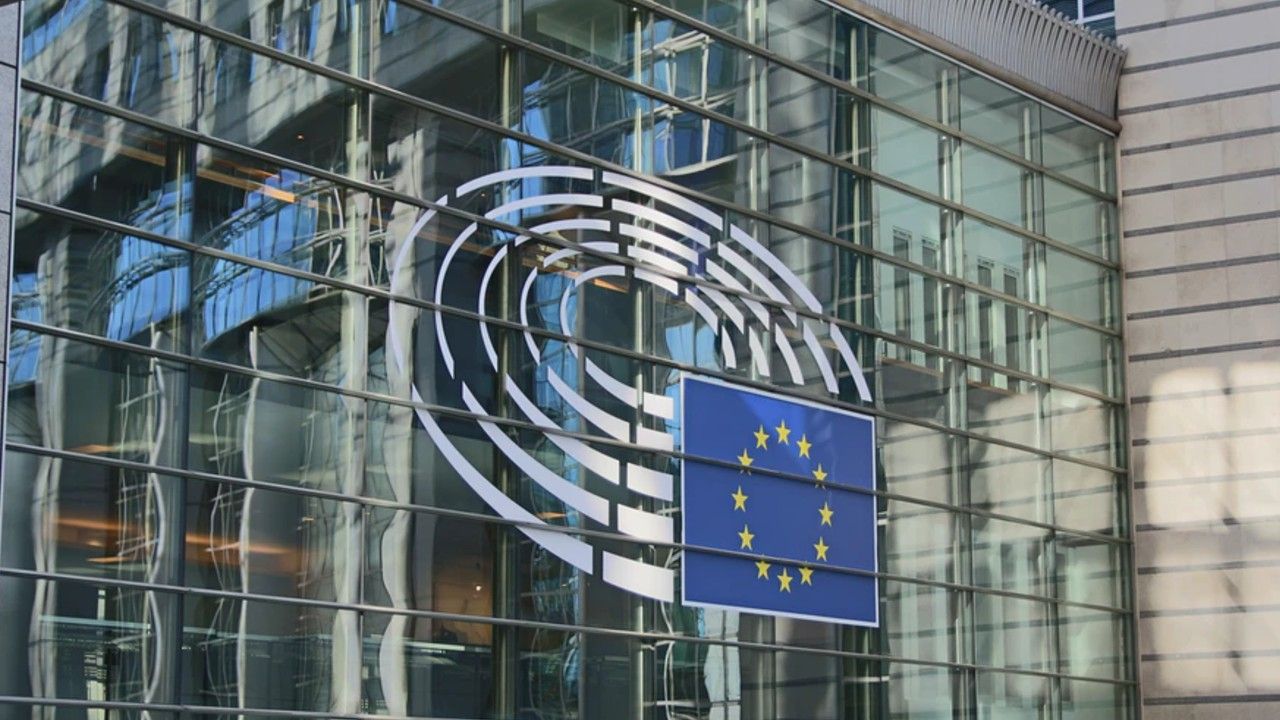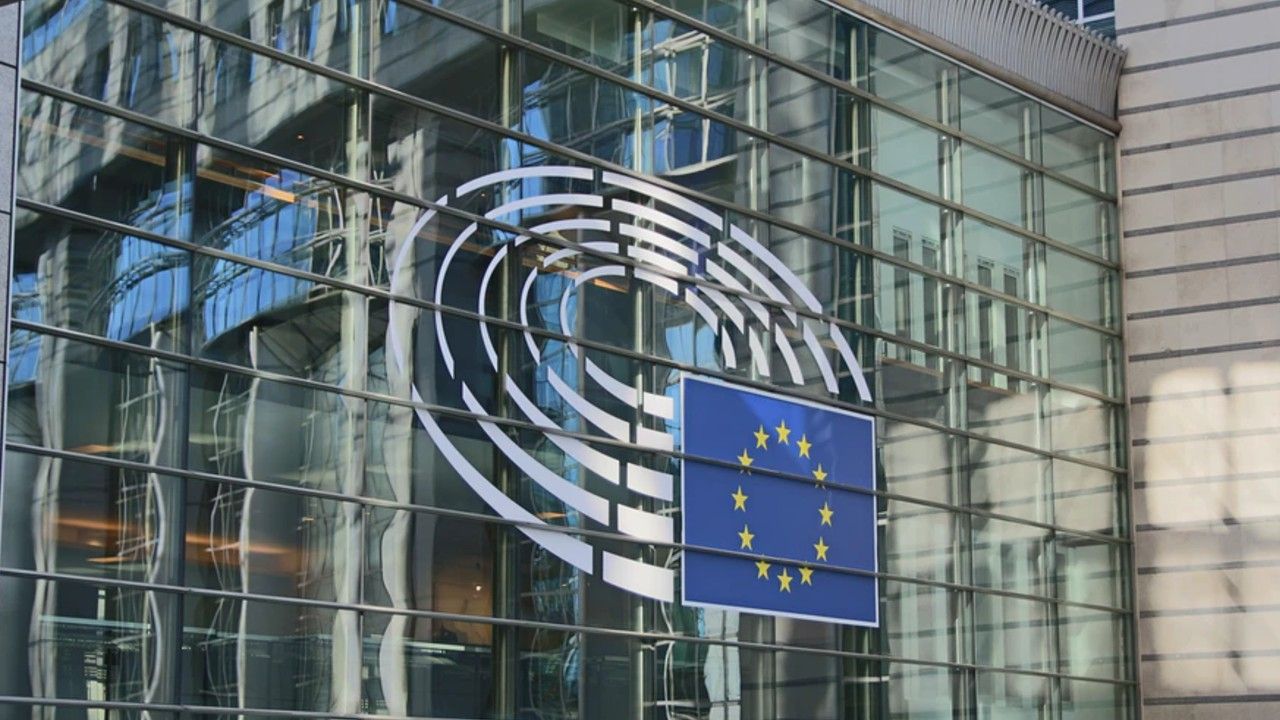Key Points
- EU Council adopts a revised CSAR proposal making CSAM scanning voluntary for most services.
- A mitigation clause allows high‑risk platforms to be compelled to implement scanning.
- Lawmakers show broad support; no dissenting votes reported at the latest meeting.
- Privacy advocate Patrick Breyer calls the compromise a political deception.
- Encrypted‑email provider Tuta warns the new rules could still undermine encryption.
- Germany, the Netherlands, Poland, and Austria have previously opposed indiscriminate Chat Control.
- Further discussions by the Law Enforcement Working Party are planned.

Background of the Revised Proposal
The EU Council reviewed a new version of the Child Sexual Abuse Regulation (CSAR) that removes mandatory scanning obligations for messaging services. Under the revised text, providers may choose to perform CSAM (child sexual abuse material) scanning voluntarily, though a provision allows a “mitigation measure” that could compel high‑risk services to adopt “all appropriate risk mitigation measures.”
Legislative Reception
Lawmakers supported the revision broadly, with reports indicating no dissenting votes at the most recent meeting. The Denmark Presidency introduced the compromise after earlier attempts at mandatory scanning were withdrawn.
Privacy and Security Concerns
Privacy experts remain skeptical. Patrick Breyer, a long‑standing critic of the original Chat Control plan, described the compromise as a “political deception of the highest order” and warned that the mitigation clause could effectively nullify the voluntary framework. Breyer also cautioned that the proposal could expand from AI‑driven monitoring of shared multimedia to scanning private chat texts and metadata, potentially eroding end‑to‑end encryption.
Encrypted‑email service Tuta echoed these worries, emphasizing that the new approach could still force providers into invasive scanning practices.
Member‑State Opposition
Several EU member states, including Germany, the Netherlands, Poland, and Austria, have publicly rejected indiscriminate Chat Control measures. Their opposition underscores the tension between law‑enforcement objectives and digital‑rights protections.
Next Steps
The Law Enforcement Working Party is set to continue discussions, with further meetings scheduled to determine how the mitigation provisions will be applied and whether additional safeguards will be introduced.
Source: techradar.com
